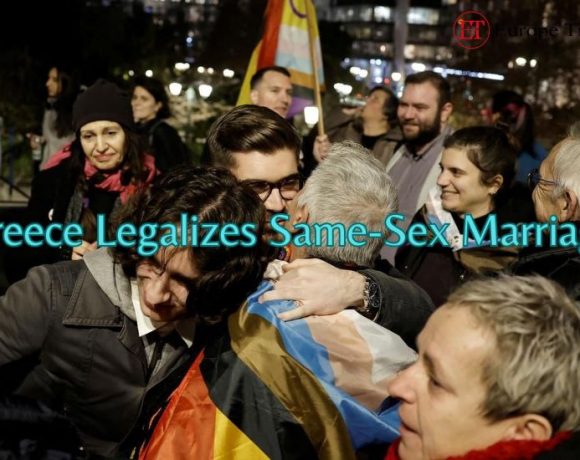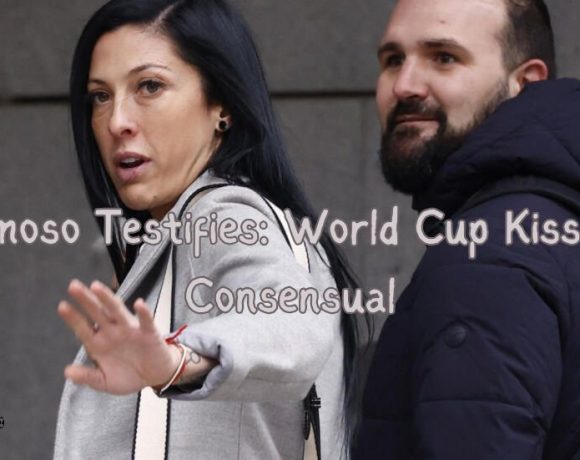
Greece has recently made headlines by becoming the first Christian Orthodox-majority nation to legalize same-sex marriage and allow same-sex couples to adopt children. The decision, which followed a parliamentary vote of 176-76, marks a significant milestone in the nation’s history.
However, the move has not been without controversy, as it has sparked division within the country, particularly with opposition led by the Orthodox Church. The Church views the measure as a threat to social cohesion and has been vocal in its resistance against the legalization of same-sex marriage.
Despite the opposition, Prime Minister Kyriakos Mitsotakis championed the bill, emphasizing its importance in abolishing inequality. Mitsotakis secured the necessary support from opposition parties to pass the bill, highlighting the collaborative effort required to enact this historic legislation.
The decision to legalize same-sex marriage and allow same-sex couples to adopt children has been celebrated by LGBTQ organizations in Greece as a significant step towards equality and inclusivity. It represents a turning point in the nation’s stance on LGBTQ rights, bringing Greece closer to its European counterparts that have already embraced marriage equality.
Picture Courtesy: Google/images are subject to copyright


